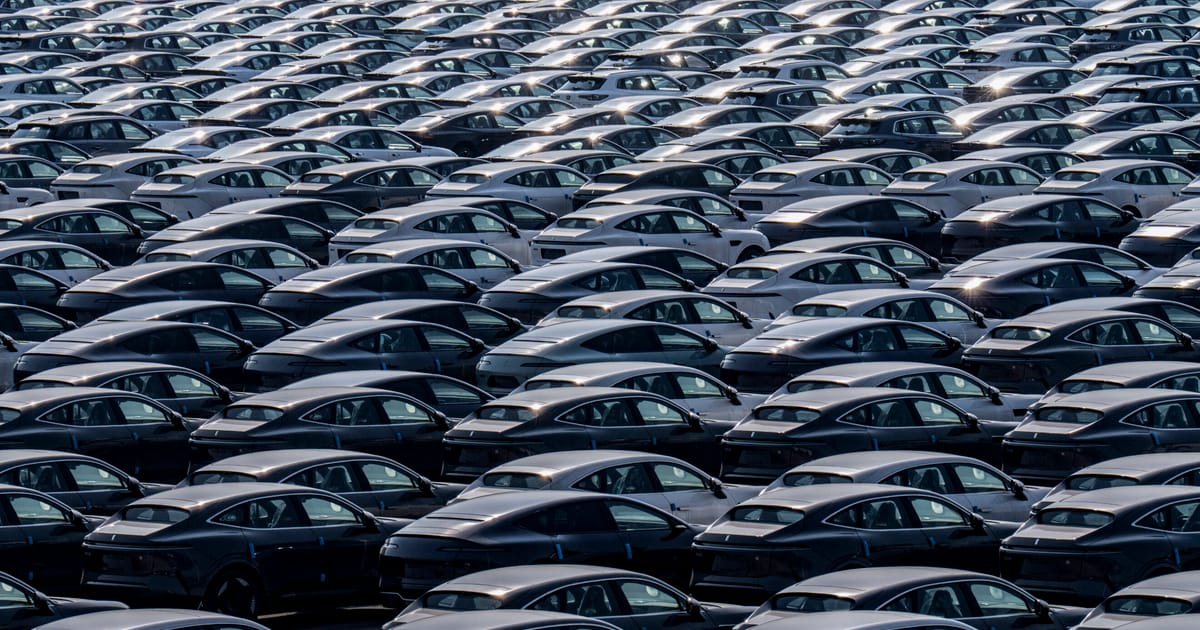Chinese electric carmakers raced to get EVs into the bloc ahead of the July 5 deadline when new EU tariffs went into effect, betting they would not face backdated duties.
But they may have miscalculated, with the European Commission saying that it will come to a decision in the fall on whether to make the duties retroactive from March.
As part of its investigation into whether Chinese automakers obtained improper subsidies, the European Commission required customs agencies of member countries to track all made-in-China EVs from March, which would give the EU executive the flexibility to retroactively apply the duties. This is a tactic aimed at deterring companies from flooding the market ahead of an expected tariff boost.
Despite that warning, the automakers still took the risk. Shortly after the Commission announced higher-than-anticipated duties on EVs in June, Chinese carmakers frantically put as many vehicles as possible onto container ships sailing to the EU.



Anything goes. Which is why there will be sanctions and tariffs. Anything goes